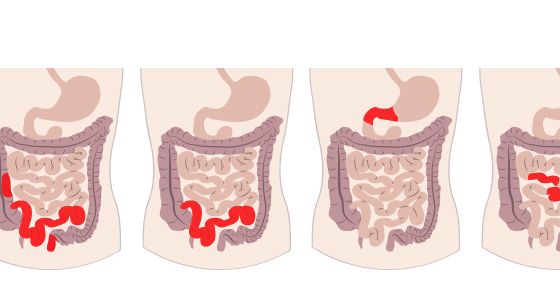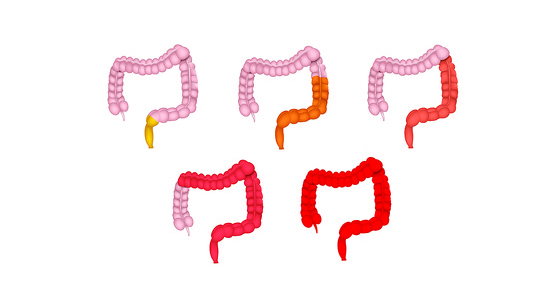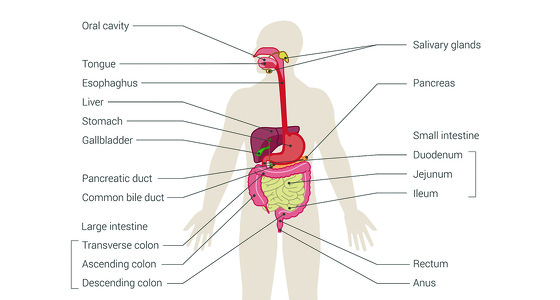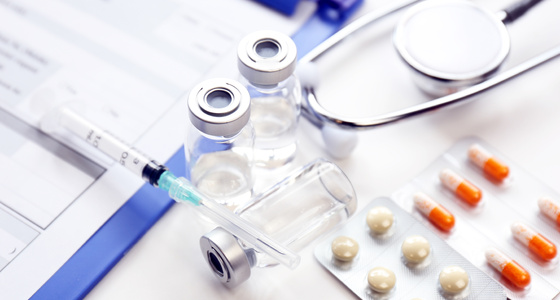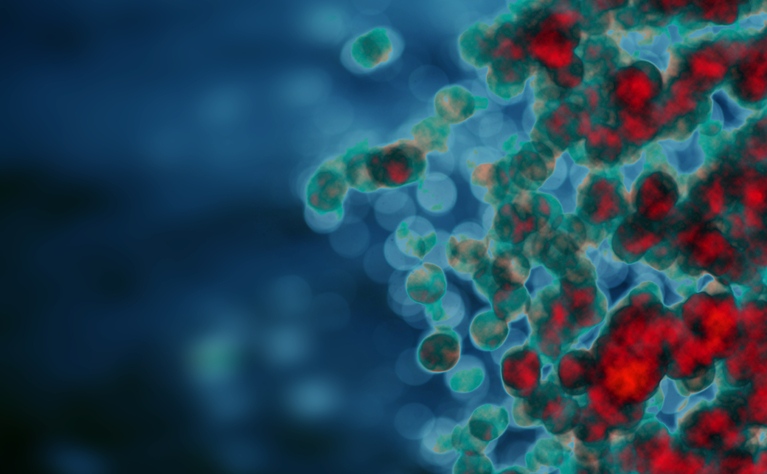
It’s our immune system that protects us from germs to stop us from getting ill - and in most people it does a good job. However, in some cases there can be problems with the immune system which can lead to autoimmune conditions such as inflammatory bowel disease (IBD).
To help understand what an autoimmune condition is it’s important to understand more about the immune system and how it works.
The immune system is the body’s defence against germs and is essential for survival. It is made up of a network of cells, tissue and organs that work together to keep our bodies healthy. It is the second most complex system in the human body - with the nervous system being the first.
The immune system has three main functions:
The white blood cells circulate through the body between organs and nodes seeking out germs and other foreign bodies. They travel around in your blood stream via lymphatic vessels (tubes) and blood vessels.
You make about 1000 million white blood cells a day!
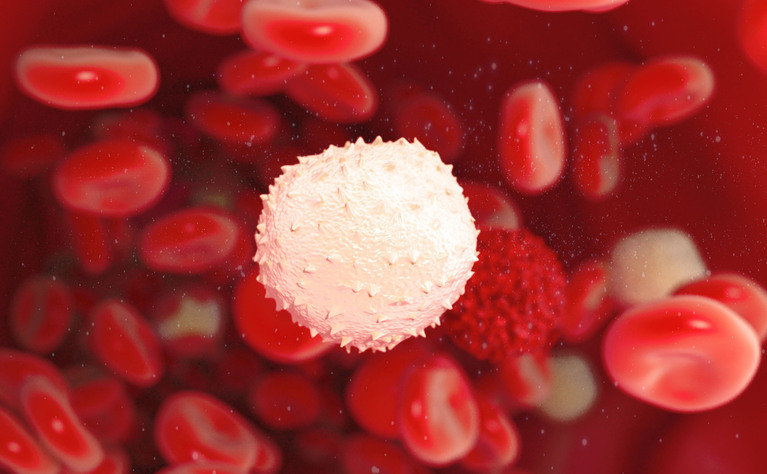
Every cell has its own tag which helps our body to know if the cell is familiar or not. When a foreign cell (antigen) enters the body it is quickly detected and several types of cells then work together to identify whether it is a threat to the body. If it is then antibodies (specialised proteins) are produced. They lock onto these antigens and then work with other cells to destroy them. If the body isn’t able to destroy the antigens straight away then the germs will multiply - causing you to feel ill. But, as your body destroys more of the germs you start to feel better.
Once produced these antibodies stay in a person’s body for life, meaning if those germs enter you body again you will be able to quickly identify them and destroy this. This is why for some diseases, such as chickenpox, you can’t normally get ill from it twice. This is also how immunisations work. They introduce the body to an antigen, without making the body sick, so that it will make antibodies and be protected from a future attack from that disease. This is known as immunity.
Antibodies also have a couple of other roles. They can neutralize toxins produced by different organisms and they also activate proteins which assist in killing bacteria, viruses or infected cells.
There are four types of immune system disorders:
IBD is an autoimmune disorder. An autoimmune disorder is where the immune system mistakenly attacks the body’s healthy cells as though they are germs. This then triggers inflammation in the body. In IBD the body is attacking parts of the digestive system. Doctors don’t yet know why this happens.
Inflammation is part of the body’s immune response. When tissue is damaged it helps to release chemicals into the blood which assist white blood cells to get to where they are needed. They also attract the specialist white blood cells, known as neutrophils and monocytes, to the area. These cells then help protect against an infection developing.
It is believed IBD is the result of an abnormal response by your body’s immune system. The immune system mistakes food, bacteria and other materials as invading substances. White blood cells flood the area and inflammation takes place.
This inflammation is systemic (or body wide) creating the other aches and pains and fatigue associated with IBD.
Researchers also believe that once the immune system is ‘on’ it doesn’t know how to turn itself ‘off’ at the right time. This means the inflammation remains, causing damage and the symptoms of IBD. Many medical therapies - such as immunomodulators and biologics - for IBD focus on helping patients to regulate their immune system better.
The main medications for IBD which target the immune system are:
